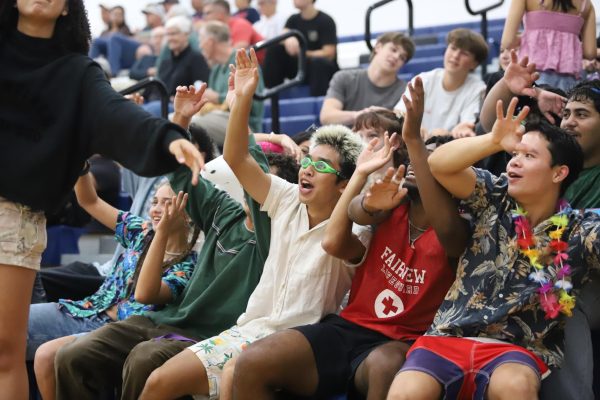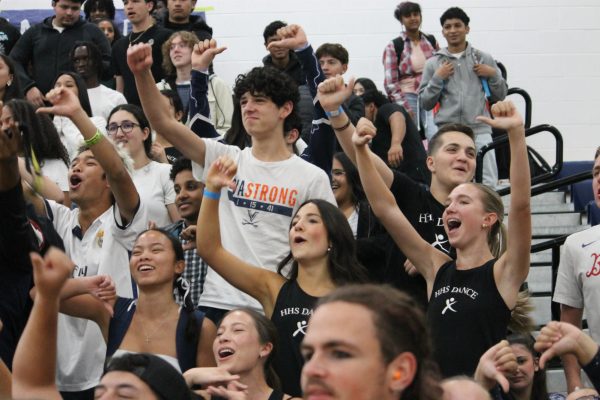Opinion: Rap may not be dead, but it sure is unconscious
December 8, 2013
Hip hop and rap have been a revolutionary genre of music, without question. At a fundamental level, it infuses many aspects of black art and innovation into one truly interdisciplinary genre. Back in its early stages, it combined previous genres of African American music, like soul, funk and jazz, with the Caribbean art of toasting and pre-modern MCing. From the introduction of standard DJ practices, like scratching and sampling, the improvised toasting later turned to classic song structure, with influence coming from black poets like Gil-Scott Heron. It combined all aspects of black life into an empowering and intellectually invigorating music movement. The rise of socially conscious hip hop cemented its status amongst academics as a liberatory genre.
And now we have Chief Keef. Literally, his name is two slang terms for marijuana. So what happened?
Many things could’ve caused Hip Hop’s decline into whatever Lil Wayne wants to call his speaking. The commercialization of gangsta rap and the rise of the dirty south’s crunk music are easily identifiable market trends, but one can also examine larger socioeconomic-political issues such as long term effects of COINTELPRO’s attacks on black intellectualism, the most certainly CIA-backed crack epidemic, and structural racism. While many institutions of black academic and artistic life remain intact and in fact have progressed in the past twenty years, with the increase in African-American college attendance and the mass-proliferation of African-American studies programs, the popular representation of black culture remains largely trapped in a ‘ghetto’ and ‘ratchet’ image. Unconscious racism, which still minstrelizes black performers today, and the ultra-capitalist music industry’s coup of hip hop are realistic causes for this portrayal.
This is not to say that rap artists and culture isn’t at fault, too. The revolutionary potential of hip hop has fallen on deaf ears. It seems first, the focus on intersectional art, like graffiti and breakdancing, was lost. Then, socially conscious rap became a dying breed. While there were still rappers in the gangsta rap and modern alternative rap tradition to maintain profound lyrics and poetic prowess, those too seem to be fading. Lyrical content has become trapped in women and drugs. Furthermore, rappers, even ‘socially conscious ones’, have proven incompatible with tolerance. Every major rapper on the books has either used a homophobic slur or outright discriminated against LGBTQ people. Women in hip hop are treated entirely second-rate and are nonexistent unless they are hypersexualized. Sexism is prolific to the point that it is difficult to find a rapper use the words woman or female or even lady.
Rap is in need of a renaissance now more than ever. Tyler, the Creator needs to realize that words do have very specific meanings, Kanye needs to realize he can’t flip flop his beliefs when it’s convenient for him, and Rick Ross needs to understand that rape isn’t something to brag about in a song. There is hope in all sorts of avenues, but it seems the only voice breaking through to the mainstream is Macklemore. However, this has created a false image amongst white college aged teenagers that Macklemore is alone, perpetuating the Eminem effect that says only white rappers can be truly talented. There are highly intelligent and articulate rappers, but they are being tuned out by the industry’s choking grasp on the genre. While there isn’t necessarily anything bad about fun, club rap, there is a problem with sexist and homophobic noise that lacks any lyrical or musical value. The rap game needs to reinvent itself as the rap art, only then can it hope to return to its former glory as the triumph of black music, not its bane.

















